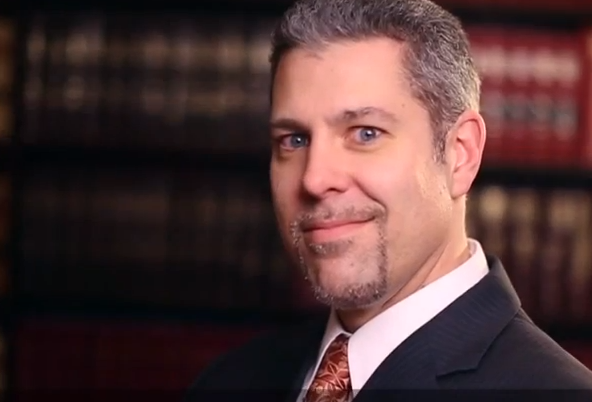If you have been charged with drinking and driving, or driving under the influence of drugs or other illegal substances, you may not necessarily go to trial. Your case is determined under New Jersey’s DWI/DUI laws, and these procedures are different than those for other criminal acts. While all United States citizens have the right to a trial by a jury of the peers if they are facing criminal charges, in New Jersey, those charged with DWI/DUI are not presently entitled to a jury trial and many cases are resolved prior to trial.
Typically, a drunk driving charge will be settled with fines, jail time and license suspension. Depending on the driver’s prior history and arrest record, these penalties may vary in severity. However, where defendants who are charged with crimes can demand jury trials, DWI/DUI prosecutions in New Jersey are tried before a judge, typically in a municipal court.
Third-Time Offenders
Recently, the New Jersey Supreme Court agreed to hear the case of State v. Denelsbeck, which raises the issue of whether repeat DUI offenders are entitled to a trial by jury. In New Jersey, third and subsequent drunk driving offenses carry enhanced penalties, including:
- 10-year license suspension
- $1,000 fine
- 180-day jail sentence
- 12-48 hours at an intoxicated driver resource center (IDRC)
Because of the heightened penalties associated with a third or subsequent DUI, some defendants have argued that they are entitled to a trial by jury. The case before the Supreme Court is the result of one such argument.
The New Jersey Supreme Court justices will likely consider several factors to consider in determining the right of a defendant charged with a third or subsequent DUI to demand a jury trial including practical considerations such as the timeline of a typical DWI prosecution, and the availability of courtrooms and judges. Trials by jury typically take a longer time to conduct than municipal court trials, and this extended timeframe raises concerns about pending drunk driving cases, and whether drivers are on or off the roads while they wait.
In municipal court, where DUI proceedings are typically conducted, the courtrooms were not designed with juries in mind, and the facilities lack many of the amenities that are available for jurors in criminal courts like break rooms, jury boxes, jury rooms, and adequate parking. Additionally, most municipal court judges are part-time employees with limited availability so jury trials could result in significant backlogs of weeks or even months for DUI/DWI trials.
The state Supreme Court would have to rule that the third and subsequent DUI penalties of confinement of 180 days plus additional significant financial and other repercussions entitle a defendant to have a trial by jury for similarly situated DUI defendants to receive one. For more information on drunk driving penalties and New Jersey’s court procedures for handling such cases, contact Scott Gorman, an Essex County DWI lawyer at The Gorman Law Firm, today.
Published in Categories: DUI / DWI


